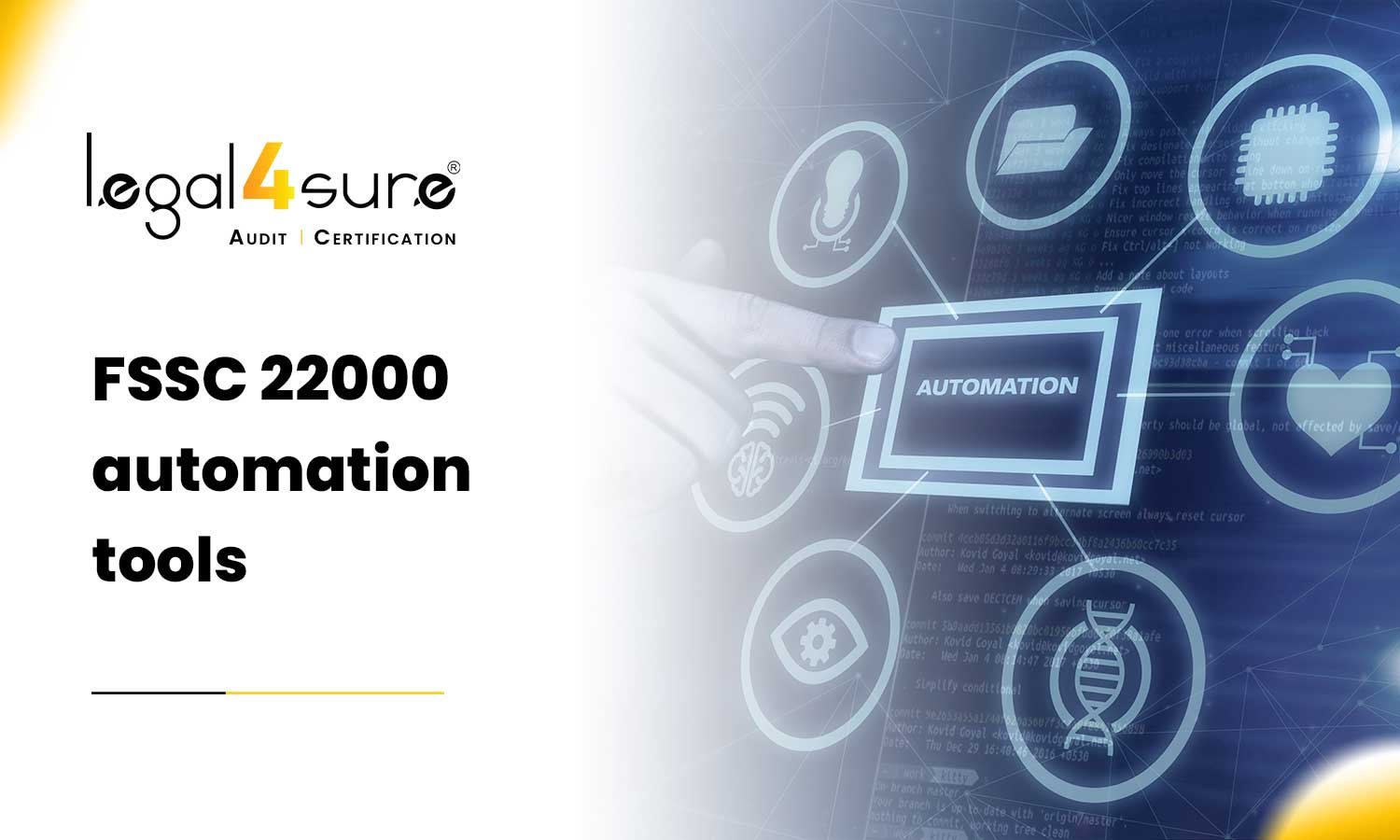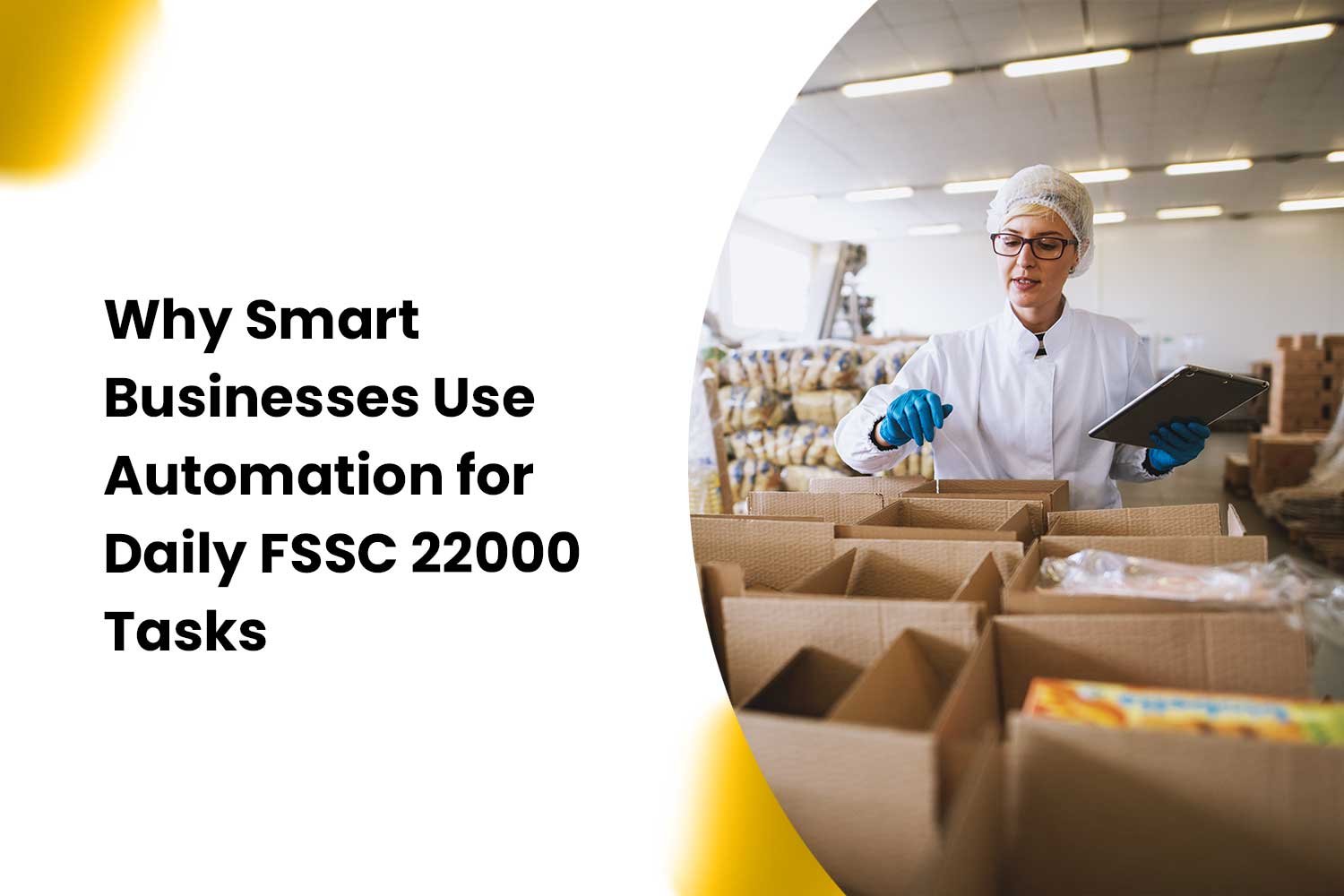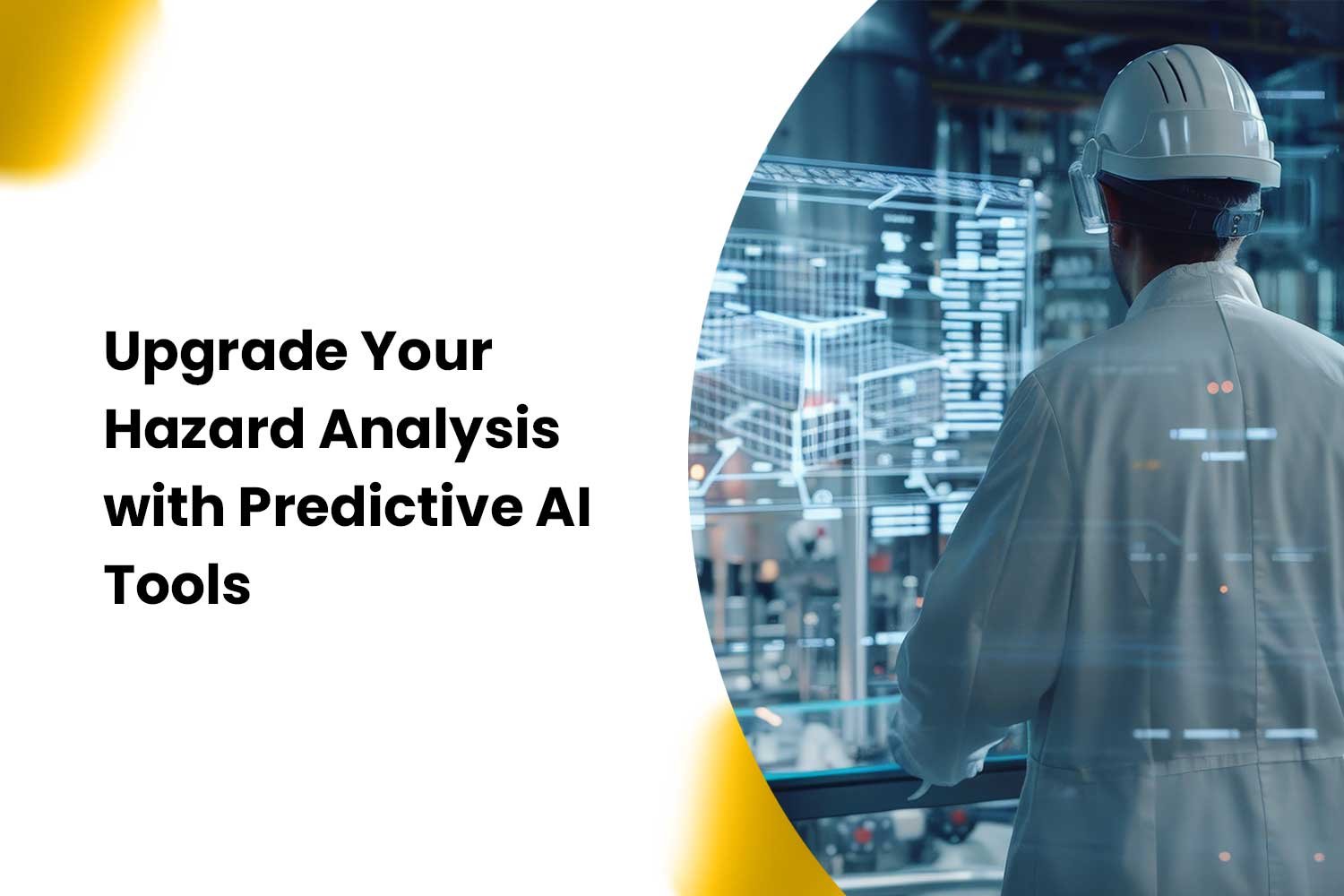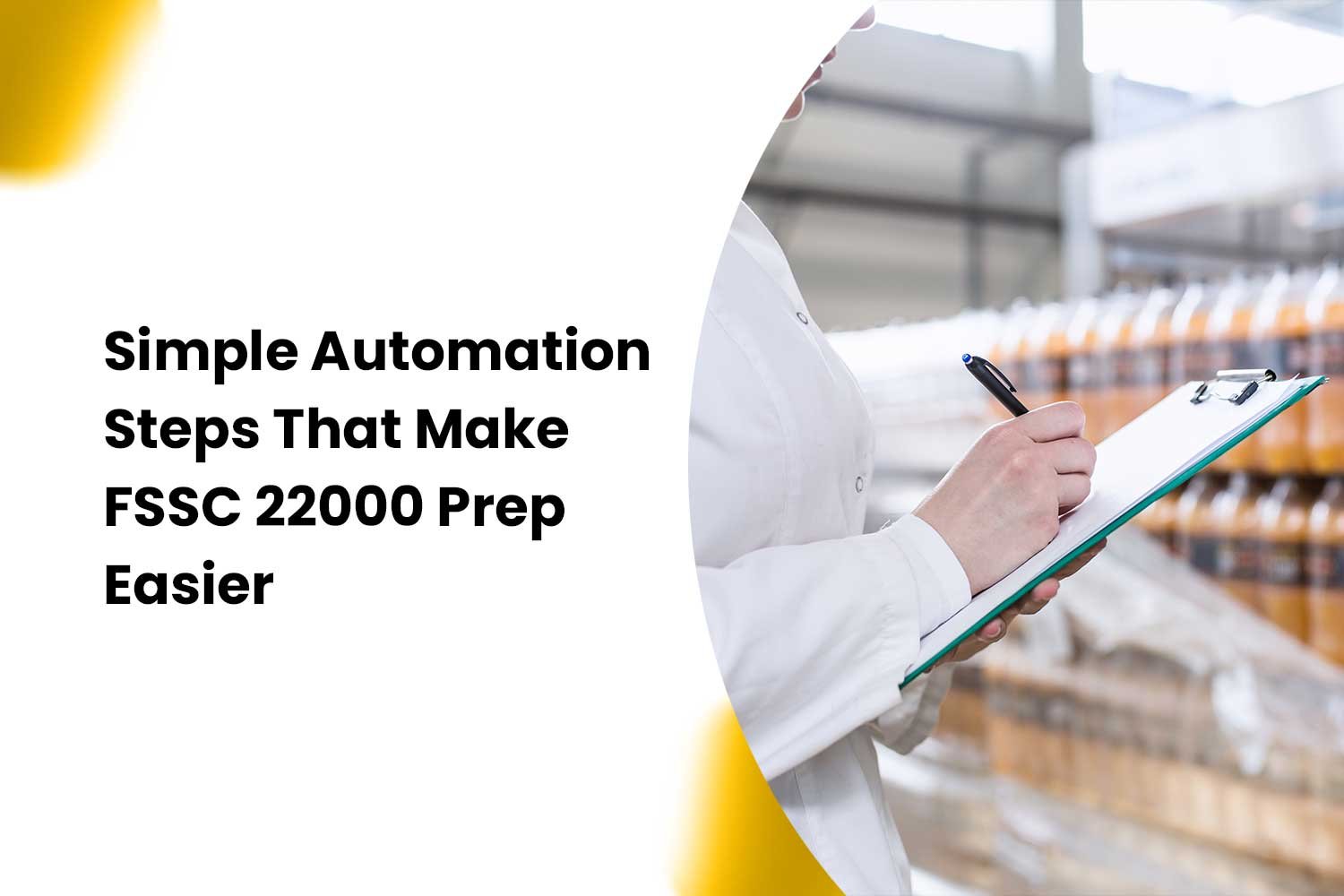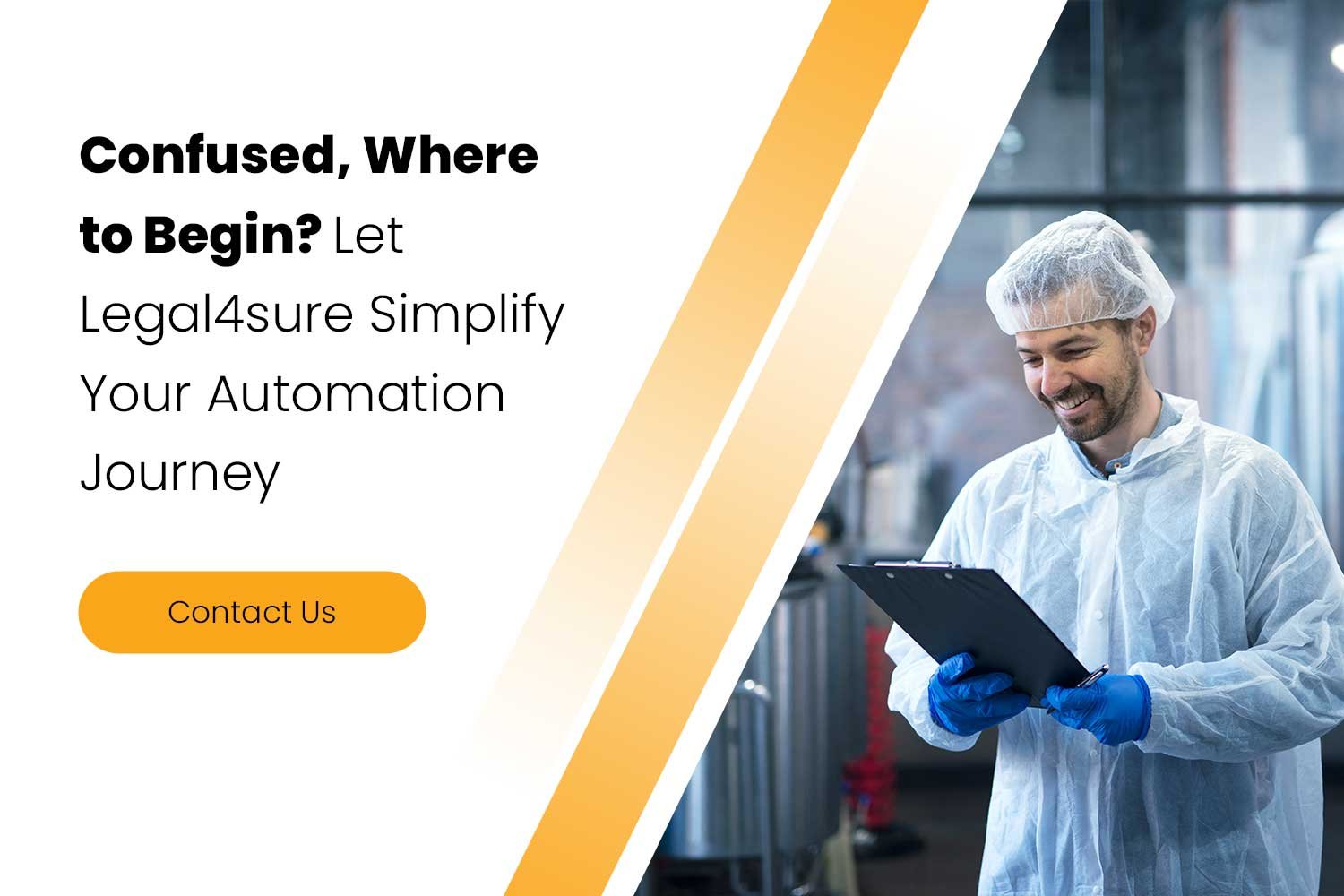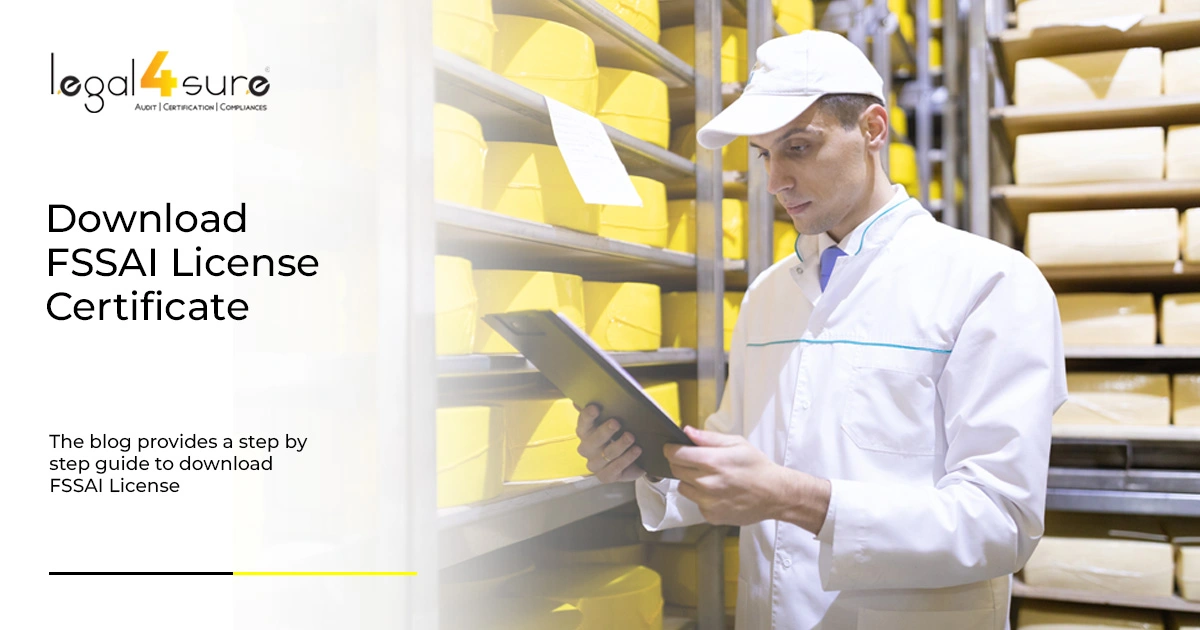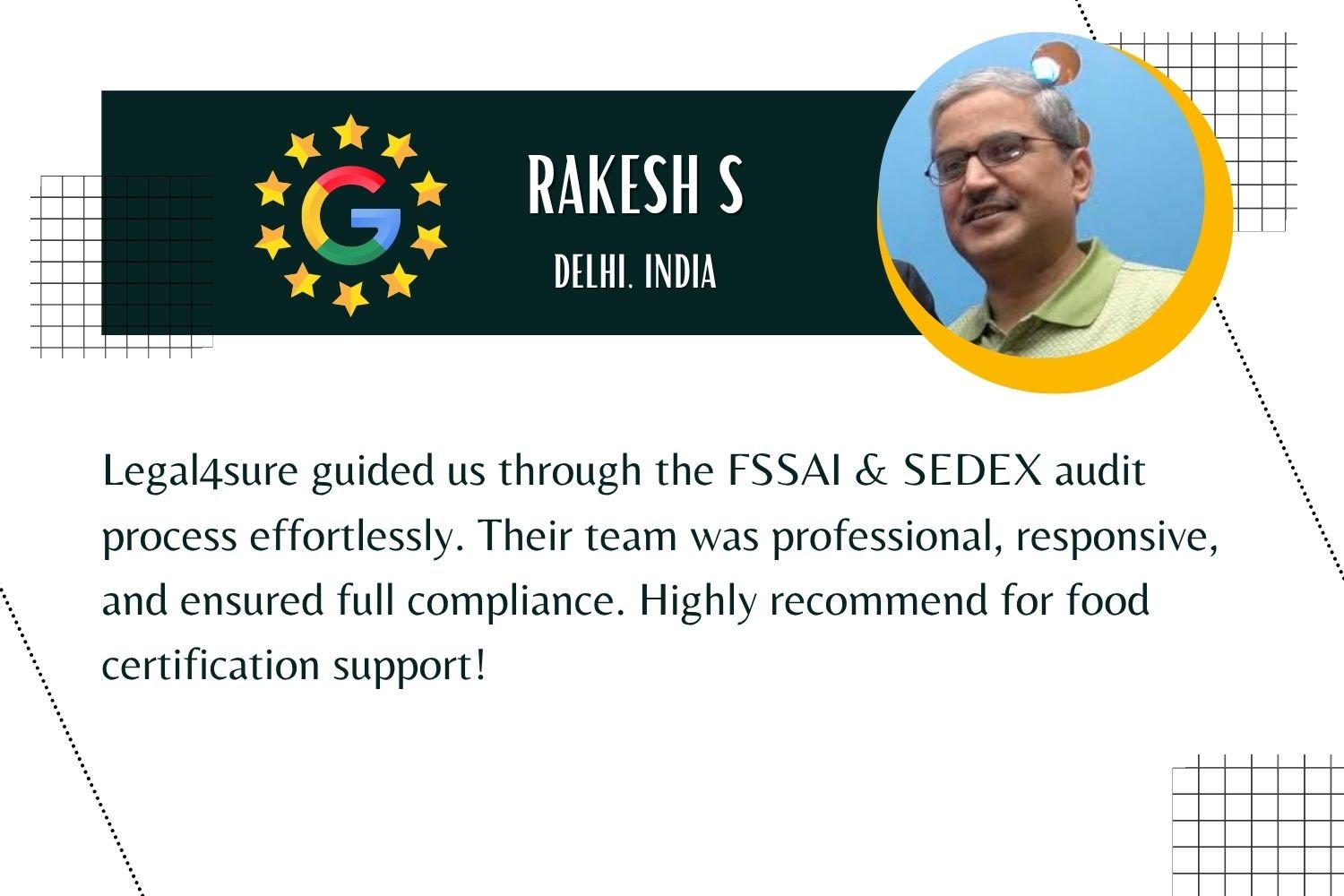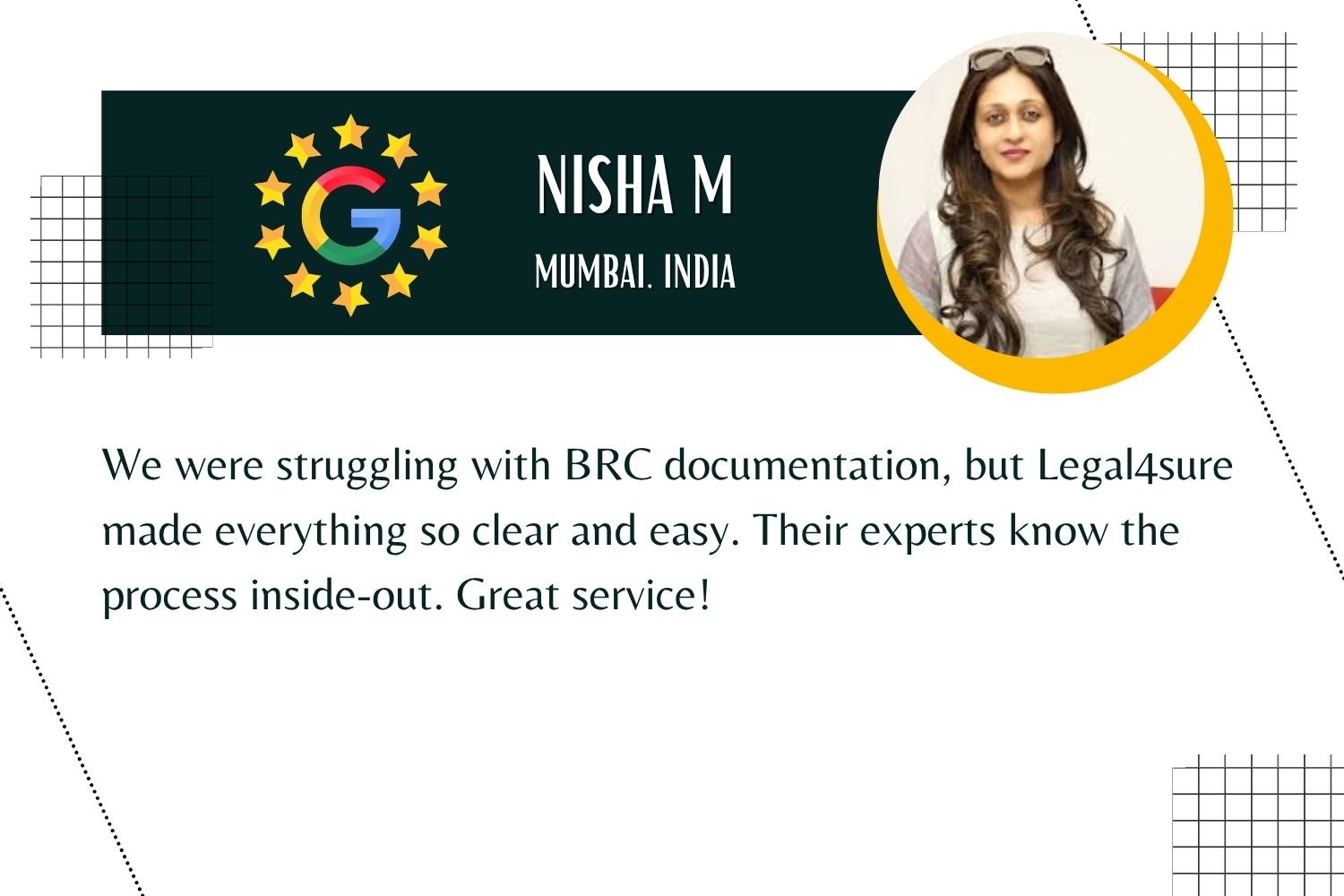FSSC 22000 automation tools are changing how food factories prepare for audits. There’s no need to scramble for paperwork the night before or depend on memory for important checks. With the right tools, your food safety system can be proactive instead of reactive. Automation provides real-time monitoring and instant reports, helping teams stay prepared every day. It’s not only about passing audits; it’s about creating a system that operates more efficiently and effectively.
Why Smart Businesses Use Automation for Daily FSSC 22000 Tasks
The majority of teams waste time on manual preparation. The work isn’t hard; it’s just continuous. Taking temperatures, going through logs, going over checklists… every day.
AI and FSSC 22000 automation tools excel in this precise type of task.
Here’s how smart tools help:
- They automatically record and save information, preventing you from having to search for documents.
- They highlight inconsistencies or forgotten assignments to prevent anything from being overlooked.
- They produce accurate reports that are available for auditors at any time.
One of the biggest changes we’re seeing is how AI and automation are turning FSSC 22000 audit prep from a last-minute rush into a smooth, daily routine of staying on top of things.
How Automation Is Transforming Internal FSSC 22000 Audits
Internal audits often feel like chaotic practice runs, teams rushing to fix documents, fill in missing info, and hoping they haven’t overlooked anything important. But with the rise of automation and smarter tools, that’s finally starting to shift.
With automation, internal audits can:
- Run on a set timetable with automated reminders
- Make use of digital forms that are simple to complete and save.
- Provide you with a live dashboard of what has been completed and what has not.
Internal auditing is another area where AI & FSSC 22000 automation tools are used in audits. You’re receiving warnings, dashboards, and audit trails in one location, as opposed to relying on sticky notes and your memory.
Read more: FSSC 22000 for global retailers
Upgrade Your Hazard Analysis with Predictive AI Tools
A hazard analysis is never complete. There are always new risks, ranging from seasonal concerns to changes in ingredients. This is where machine learning can benefit hazard analysis.
AI tools can perform the following functions in place of a manual review of prior events:
- Examine large amounts of data from your daily operations.
- Identify risk patterns you may overlook on your own.
- Recommend actions based on what has been effective in similar situations.
It’s like having another safety expert on your squad, one who is always awake and able to see things that others can’t. Additionally, your Food Safety Management System (FSMS) automation will become much more flexible and responsive as a result.
How FSSC 22000 Automation Tools Catch Issues Before You Do
Consider the possibility that a cooler breaks down overnight. How quickly would your team be able to find out? The solution is immediate, thanks to real-time monitoring in food production.
Data is not only captured by systems driven by AI. They are always watching it. Moreover, they send out notifications the moment anything goes wrong.
Real-time monitoring helps you:
- Catch temperature or pressure issues before they cause waste.
- Identify missed or rushed hygiene steps early.
- Fix problems immediately, not after the damage is done.
Real-time monitoring is one of the primary methods through which AI & Automation changing FSSC 22000 audit preparations by moving the emphasis from response to prevention.
Simple Automation Steps That Make FSSC 22000 Prep Easier
A lot of companies assume FSSC 22000 automation tools are too complex or expensive — but they’re not. You can start small by automating basic compliance checks, making daily tasks easier without adding extra pressure on your team.
Begin with items such as:
- Logs of cleaning
- Training records for staff
- Approvals from suppliers
- Schedules for maintaining equipment
Even small steps in automation help reduce daily friction, clearly showing how AI & Automation are changing FSSC 22000 audit preparations. You invest more time in system development and less in mundane activities.
How AI Strengthens Your FSMS (Without Taking Over)
Good people, good procedures, and now, good technology are necessary for a strong Food Safety Management System (FSMS). The purpose of AI tools for the food industry is to assist your staff, not to take command.
The reality is that they do this:
- Put all your data together in one place
- Make it simpler to produce reports.
- Help you react more quickly when something goes wrong.
The correct tools may bring clarity to your systems and make them simpler to grow, regardless of whether you’re a small processor or overseeing several locations. And that’s how AI strengthens your FSMS.
Why This Matters for B2B Food Companies
Remaining in compliance is more than just a safety issue if you’re selling to retailers, exporters, or foreign purchasers. It’s all about keeping operations on track.
A single audit failure might result in:
- Shipments that are delayed
- Contracts lost
- Damaged reputation
For B2B food companies, FSSC 22000 automation tools and AI are changing how audit preparations are handled. It’s the difference between fixing problems after they happen and preventing them from happening at all.
Confused, Where to Begin? Let Legal4sure Simplify Your Automation Journey
The bottom line is that AI & Automation are changing FSSC 22000 audit preparations, moving from a yearly rush to a functional daily practice. There is no need for you to wait for difficulties to arise. You can monitor, remedy, and enhance along the way without wearing out your crew.
Begin with a checklist. Automate one aspect of your FSMS. Watch how much simpler things become. With Legal4sure, it’s not just about technology—it’s about building trust in your systems, procedures, and food safety team.
Contact us now
FAQs
Q1. How does AI help prepare for FSSC 22000 audits?
Ans: AI reduces the stress of audit preparation. It organizes your documents, tracks compliance in real time, and highlights issues before they become bigger problems. Instead of rushing before an audit, your food safety system remains ready every day, calm, clear, and in control.
Q2. What kind of automation helps with FSSC 22000 internal audits?
Ans: Automation solutions improve internal audits by organizing jobs, recording data, and providing a quick understanding of compliance flaws. They help your team stay audit-ready without undue pressure, lowering paperwork, human mistakes, and increasing accountability.
Q3. Can machine learning help with hazard analysis?
Ans: You must be thinking that can machine learning help with hazard analysis? The answer is Yes. To find hidden risks, machine learning studies patterns in past incidents, product lines, and facility states. Over time, it improves your team’s ability to react with better planning and more successful preventive measures.
Q4. Is real-time monitoring necessary for compliance?
Ans: Absolutely. Real-time monitoring lets you immediately identify equipment problems, missed sanitization procedures, or temperature changes. By letting you act before minor problems worsen, it improves your FSMS.
Q5. How do AI tools reduce manual workload for food safety teams?
Ans: AI tools take over routine tasks like log entry, data tracking, and checklist management. This lets your staff concentrate on decision-making, ongoing improvement, and creating a more reliable food safety culture.

